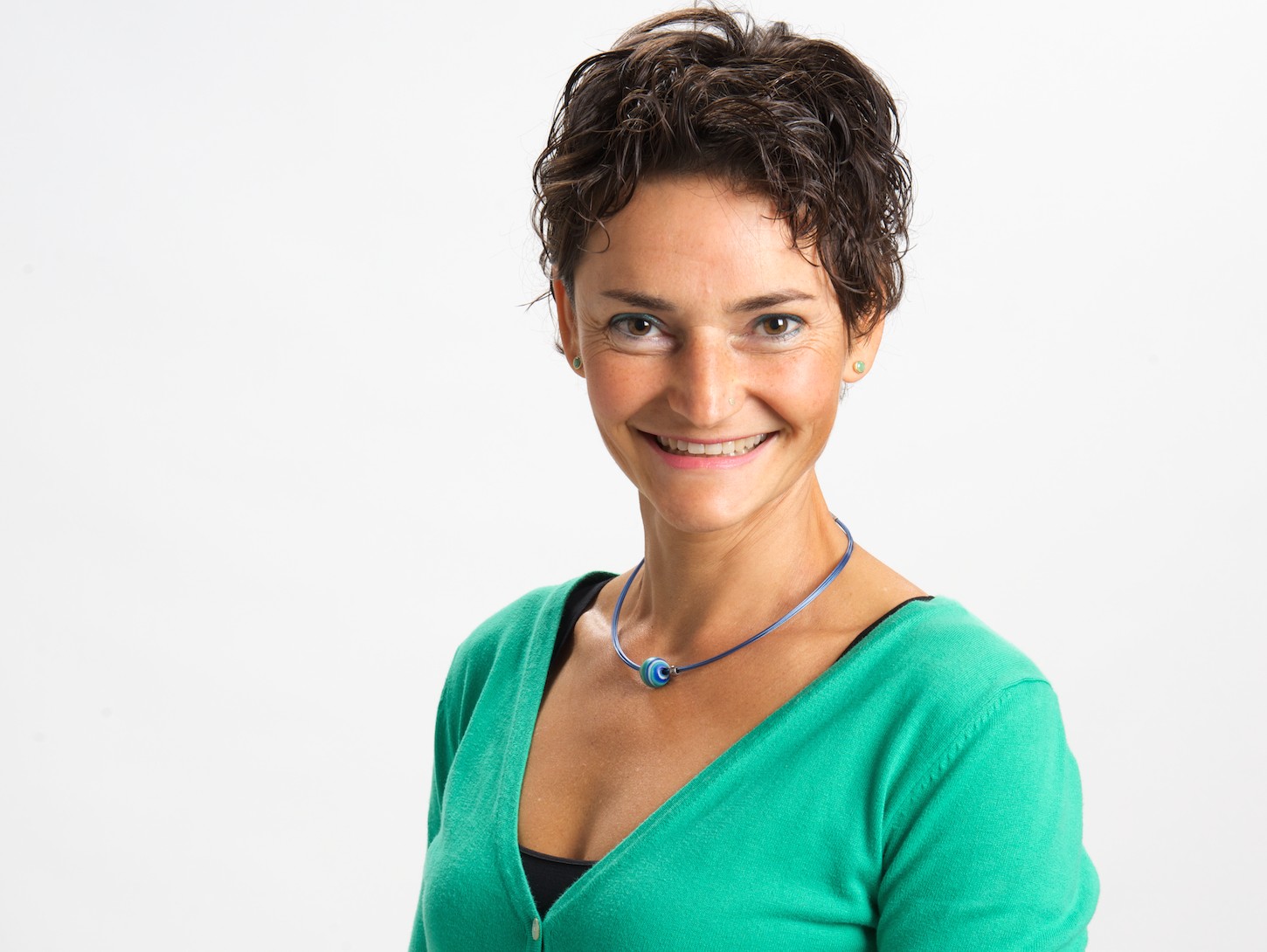
This autumn in the Netherlands, we experienced the coldest October since 2003 followed by the warmest 6 November ever. The media was full of it. The weather remains the most popular topic of conversation on the street – but food is gaining ground! We’ve been bombarded by a series of noteworthy food-related developments recently, like leaves blowing around us in an autumnal storm.
The most controversial event was the publication of the WHO report which linked meat consumption to cancer. The news was taken up eagerly by the media, often without nuance and wrongly interpreted. The storm has since abated, but the seed of fear has been planted as far as many people are concerned.
Not long afterwards, the Health Council of the Netherlands issued new recommendations about health eating. The Netherlands Nutrition Centre Foundation (Voedingscentrum) is now working hard to convert these recommendations into new ‘5 a day’ guidelines which will be published in mid-March 2016. Newspaper headlines included: ‘We need to eat more pulses’ and ‘A handful of nuts a day’ – unsalted, of course! Reducing the salt intake remains important; it is one of the key pillars in the agreement on improved food product composition, which formulates the ambitious goals for reducing levels of salt, saturated fat and sugar in food by 2020. You have four years to go…
On 30 October the Netherlands Scientific Council for Government Policy (WRR) published advice on designing a food policy. In their reaction to the advice, ministers Dijksma and Schippers wrote on behalf of the Dutch cabinet: “WRR rightly places these tasks emphatically within the international context in which food is produced.” It is clearly evident that the international context is becoming increasingly important, which is why I’m surprised that so many companies are still not internationally minded. The decisions made in Brussels and Strasbourg are treated by many people as being rather remote. On 1 January 2016 the Netherlands will succeed Luxembourg as chair of the Council of the European Union. Will this help to put ‘Europe’ more firmly on the map in the Netherlands, so that it becomes one of the top three topics of conversation?
I’ll do my bit to achieve that aim right now. In October the European Parliament rejected a proposal by the European Commission to change the law in order to enable individual Member States to impose an import ban on genetically modified food and animal feed. This was a key decision! Earlier that month, the revised novel foods regulation was approved, which could boost the food industry and lead to more innovations in product development.
The Dutch government has promised to organise a conference on product improvement during the Netherlands’ period as chair of the EU. In the same period it will launch a food-related consumer campaign to introduce the new ‘5 a day’ guidelines. Product improvement, healthy choices are increasingly important aspects as far as consumers are concerned – plus that the food we eat is safe. Next year, the cabinet will be focusing heavily on further safeguarding food quality and safety, and the government believes that companies should take responsibility for this.
Food that has been tampered with or makes people ill is guaranteed to make the headlines. Do you want to become topic of the day (or the year)? If so, then don’t read our inspiring tips and articles about disinfection, cleaning, hygiene and food safety this month! (Disclaimer: read on at your own risk!)
Judith Witte
[email protected]
Source: Vakblad Voedingsindustrie 2015